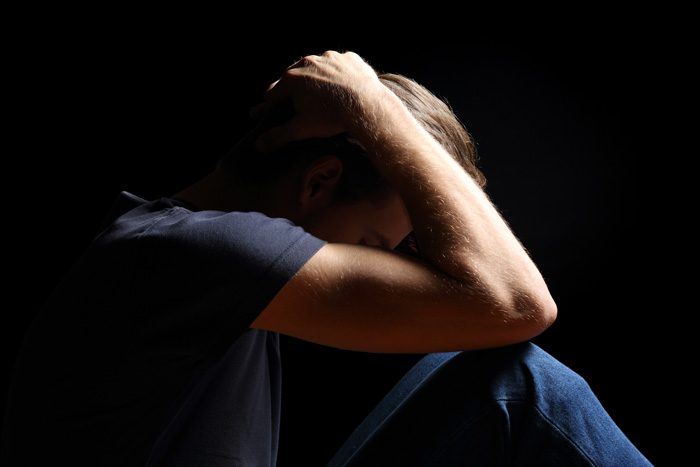By Sandy Baker
Many men and women suffer from co-occurring disorders, sometimes called dual disorders or a dual diagnosis.
These individuals have a substance use disorder as well as some type of mental health disorder. This includes drug and alcohol abuse along with mental health disorders such as depression, anxiety, or panic disorder.
When an individual suffers from a dual diagnosis, it is very important that that they receive help for both components of their illness. Treating one without the other can lead to limited benefits and difficulties through recovery.
Either disorder can occur first. In some cases, a mental health condition can make substance abuse more likely. In other cases, substance abuse can bring about mental health challenges. Professionals work to understand what the underlying conditions are so that they can create an effective treatment plan for all involved.
In some situations, individuals receive a significant amount of treatment for the substance use disorder but struggle through relapses and difficulty getting back to a healthy lifestyle. This may be due to an undiagnosed or untreated mental health disorder.
How Many People Suffer from Co-Occurring Conditions?
It is not uncommon for individuals to suffer from co-occurring disorders. A 2014 report from the National Survey on Drug Use and Health found that 7.9 million people in the United States suffered from co-occurring disorders. The report also noted that people who have mental health disorders are more likely to experience substance use disorders than those that do not have them. What’s more, because these conditions are very hard to diagnose, the number of people suffering from co-occurring disorders may actually be significantly higher.
What Types of Mental Health Disorders Can Accompany Addiction?
Most commonly, individuals with substance use disorders suffer from anxiety and mood-related disorders. However, individuals who have a severe mental illness are also more likely to use drugs or alcohol as a tool for coping with their mental health symptoms. Commonly occurring conditions include the following:
- Major depression
- Bipolar disorder
- Dysthymia
- Panic disorder
- Social anxiety
- Post-traumatic stress disorder (PTSD)
- Obsessive-compulsive disorder
- Generalized anxiety disorder
Other various forms of severe mental health disorders can create substance abuse risk factors, the most common conditions include schizophrenia and schizoaffective disorder.
How Do You Know If You Have a Co-Occurring Disorder?
The most important step is to seek out treatment for any mental health disorder or substance use disorder you may have or believe you have. By working with a location that provides co-occurring disorder treatment, you may be able to get significant help early on. It can be very difficult to self-diagnose these conditions.
Individuals may have worsening symptoms of mental health disorders even when they are getting treatment. This is a common sign of an underlying use of substances to help them feel better. For example, individuals who are anxious may use some type of substance to help them calm down. Those who may be suffering from severe depression may seek out a substance to help them to feel alive.
The opposite is also a sign of co-occurring disorders. An individual may be getting help for substance abuse, but may not seem to be getting any better. Simply not using alcohol or drugs does not resolve the underlying mental health problem.
How Are Co-Occurring Disorders Treated?
Treatment for any type of co-occurring disorder has to focus on both the mental health and the substance use disorder. Detox is often the first step. This can be painful, both emotionally and physically, because it forces the individual to face the underlying mental health concerns. Like alcohol and drug overuse, severe depression and other mood disorders can be life-threatening. This is why co-occurring disorder treatment is nearly always done under the supervision of a specialist.
It is important for patients to receive treatment for both conditions at the same time. This tends to be the most effective manner. For those who may have an underlying mental health problem, then, it is essential to seek out a drug and alcohol treatment center capable of treating both conditions. If you are unsure if the location offers an integrated treatment plan like this, be sure to ask specific questions.
The Ranch at Dove Tree offers co-occurring therapy options. This treatment is available for individuals suffering from anxiety, trauma, and depression along with substance abuse.








